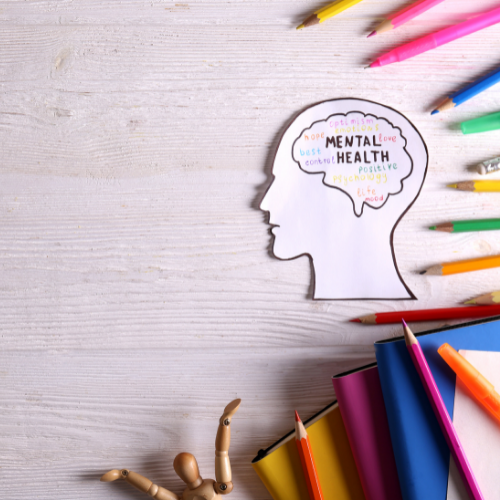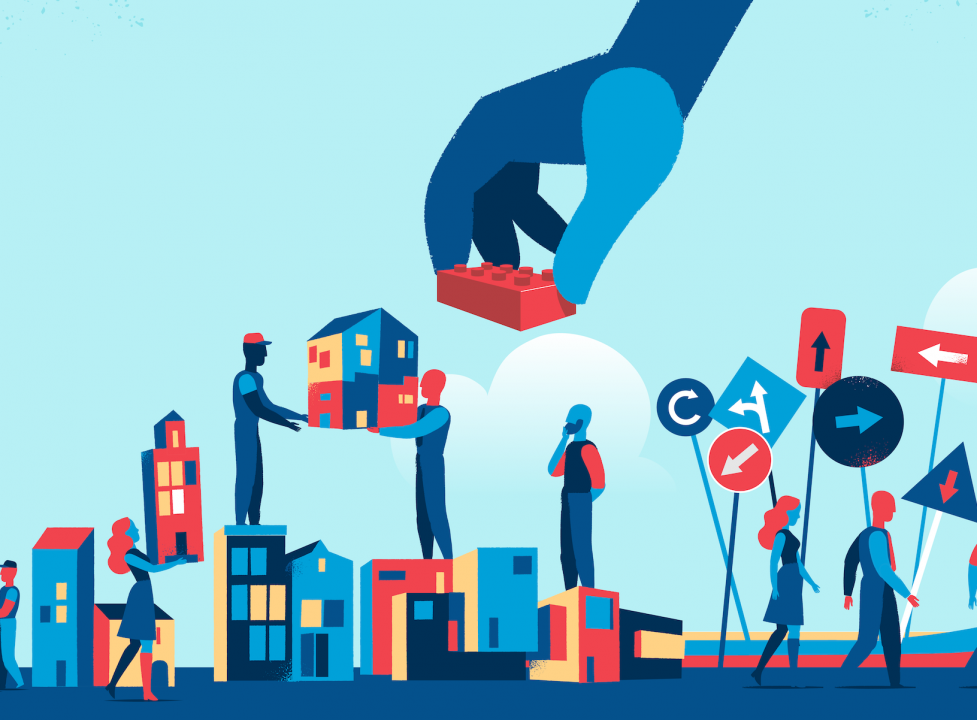Access to Mental Health (MH) as a primary care operative is limited to say the least. Not just in South Africa, globally.
I attended this webinar and made some notes with some key discussion points that were made. From the start, the important thing is to identify where these things fit in your life or the lives of those around you and consider practical implications thereof.
Whether you like it or not, mental health affects everyone in the world – either directly or indirectly.
Here are some of the questions that were discussed in this webinar (scroll to the bottom of this post to watch the video on YouTube):
1. How can Mental Health Professionals work with other partners to reduce inequalities in service provision?
Professor Lesley Robertson & Steve Appleton have had many years collectively in the field as practitioners and professionals in the field.
They outlined several key strategies/considerations, which included:
- Taking a cross-sectional approach – in this way, not taking people out of life to sort out their struggles but to work on systems and policies that adversely affect the mental health of people with lower income or fewer opportunities due to disabilities or lack of effective education
- Access to technology & resources – not only looking at the financial aspect but also if people can access devices, transportation to care facilities, etc.
- Considering the political environment – not simply imposing solutions designed by local or national authorities but working with communities to implement sustainable systems for future generations
- Focusing on key components – the prevention & promotion of Mental Health services to the greater population is of utmost importance, especially when training mental health professionals getting into the field

2. If you could reimagine an accessible Mental Health Care System, what would that look like?
Marsha McAdam and Dylan Rademeyer jumped-in here to share their personal experiences as people that faced challenges in a system that didn’t account for them and even discriminated against them before they sought to find a better way.
They discussed the following aspects of accessible mental health for people with issues such as Borderline Personality Disorder and People with Disabilities:
- Mentalization-Based Therapy (MBT) – developed and manualised by Peter Fonagy & Anthony Bateman
- Free NHS service (in the UK) – as well as the limitations thereof, why private practice is considerably valuable
- Importance of co-production – working together towards a purpose with communities, organizations & governments
- Need for readily available services – not enough free services granted by the government for challenged communities
- Education of mental health – strategically increase awareness through general education in schools to eliminate stigma

3. How to potentially rectify inequalities globally?
Thili Perera and Bharti Patel came to the foreground for this one. It was rather simplistic but compelling to hear their approaches.
Here they are:
- Change in policy, regulations & systems – integrating mental health into general primary care by discussing incentives with local governments and clinics
- Ensuring funding & resource allocation – establishing sustainable service delivery by creating powerful partnerships between the private & public sectors
- Knowledge sharing – ensuring that systems built now are designed to be shared for change to happen
- Appropriate planning & allocation of resources – generating resources that can be sustained to eliminate employee turnover, optimize grant opportunities & stabilize the disparity between provinces/states
These discussions really made me think deeper about what we are trying to achieve as Trimaster Corp. and how important the funding aspect is over the next 12 months. As I mentioned earlier – EVERYONE is affected by mental health, which also means WE can ALL make a difference!
Thanks to Shayni and her team for setting up a stellar webinar. You can listen to the full recording here. If you have any questions about the event or the discussion, feel free to reach out to Shayni at shayni@safmh.org.

